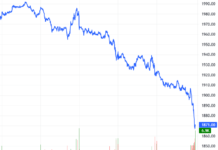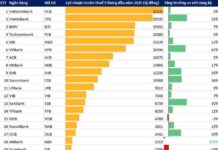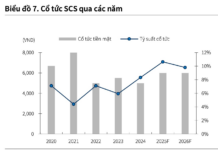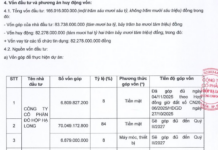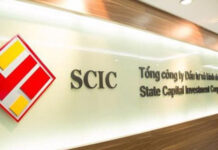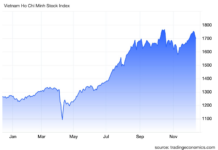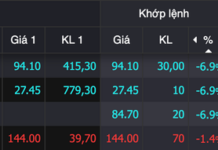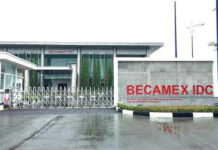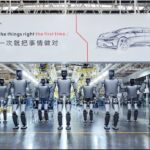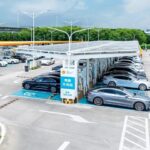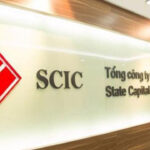Germany, renowned for its precision engineering and home to leading automotive manufacturers, has made a groundbreaking discovery: a massive lithium carbonate deposit in Saxony-Anhalt. Estimated at 43 million tons of lithium ore, this find ranks among the world’s largest lithium reserves.
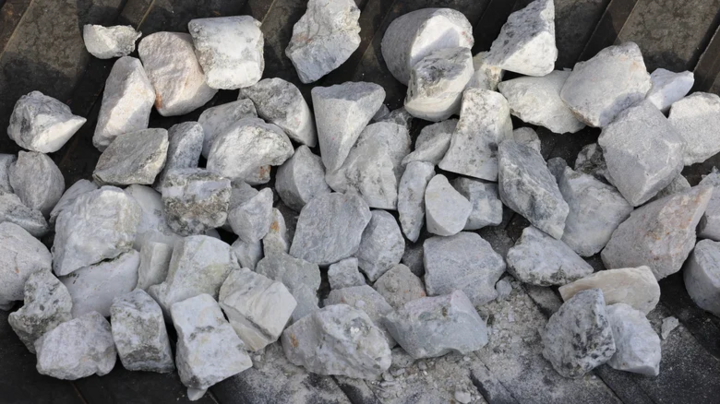
Raw minerals in Saxony—a strategic resource poised to reduce Europe’s reliance on China in the electric vehicle race. (Source: Shutterstock)
The discovery was made by Neptune Energy, a UK-based oil and gas company, in an area previously used for natural gas extraction. To put it in perspective, Germany’s lithium reserves are approximately seven times larger than the 5.9 million-ton deposit found in India several years ago.
Andreas Scheck, CEO of Neptune Energy, stated: “This new assessment underscores the immense potential of our licensed areas in Saxony-Anhalt. It positions us to significantly contribute to Germany and Europe’s lithium supply chain—a critical raw material for the region.”
Neptune Energy is exploring Direct Lithium Extraction (DLE), a more efficient and environmentally friendly method that eliminates the need for large evaporation ponds. The company completed its second pilot project with partner Lilac in August 2025 and is testing an additional absorption-based extraction process.
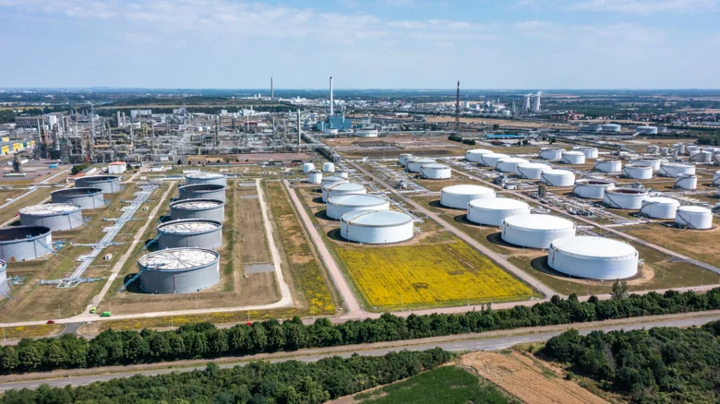
Industrial facilities in Saxony, Germany, could reshape the global electric vehicle supply chain. (Source: Shutterstock)
The “Lithium Triangle” of Chile, Argentina, and Bolivia holds the world’s largest lithium reserves, at approximately 98 million tons. German automakers currently rely on lithium from this region, as well as from Australia and China. However, most lithium is processed in China before reaching manufacturers, giving China a significant advantage in the supply chain. On average, German automakers pay double the battery costs compared to their Chinese counterparts.
Notably, this is not Germany’s first significant mineral discovery. The country previously found a massive rare earth deposit near the Rhine River.
This latest find could revolutionize the electric vehicle industry, as domestic lithium resources and advanced processing technologies enable Germany to produce cheaper batteries and reduce dependence on China. However, lithium extraction and processing remain costly, requiring substantial domestic and international investment. The EU may play a supportive role, as the bloc seeks to lessen its reliance on China for strategic automotive materials.
If effectively harnessed, this lithium deposit could position Europe as a new global hub for the electric vehicle supply chain. However, given Europe’s high labor costs, it remains uncertain whether domestic lithium processing will be financially viable or if raw materials will continue to be shipped to China for refinement, leaving Europe as a mere supplier of raw materials.
E-commerce Prices Surge Above In-Store Rates: Is China’s Online Retail Losing Its Cost Advantage, Paving the Way for Traditional Retail’s Revival?
The relentless price wars and oversupply in e-commerce have led to a startling reality: online products are now often more expensive than their in-store counterparts.

